
The American hemp industry, a powerhouse valued at $28.4 billion and supporting over 300,000 jobs, is bracing for an unprecedented regulatory upheaval. A recent analysis by Whitney Economics reveals that regulatory changes could devastate 95% of its retail market within the next year.
This seismic shift follows the 2018 federal legalization, which Senator Mitch McConnell championed as a vital lifeline for struggling farmers in Kentucky, Texas, and Utah. The introduction of new regulations raises serious concerns about the future of this burgeoning industry, which was previously heralded as an economic boon. Industry stakeholders are left grappling with uncertainty.
Hidden Provision

On November 12, 2025, President Trump signed into law H.R. 5371, marking the end of the longest government shutdown in American history, which lasted 43 days. However, within its 2,847 pages lies a controversial provision aimed at hemp-derived consumer products.
Industry experts characterize this measure as a “total, all-out, complete ban,” imposing a drastic restriction that limits total THC content to just 0.4 milligrams per container. Such a threshold effectively renders many popular hemp products illegal overnight, throwing the industry into chaos. The hidden nature of this provision has raised concerns about transparency in the legislative process.
McConnell’s Reversal

Senator Mitch McConnell, who played a pivotal role in bringing hemp into the legal arena through the 2018 Farm Bill, has now seemingly turned against the industry. Observers label this shift as a startling final act before his retirement next year.
The original Farm Bill allowed hemp products with less than 0.3% delta-9 THC by dry weight, inadvertently creating a legal marketplace that has since flourished. However, now those same provisions face a reversal that threatens the survival of an industry built on McConnell’s promises, raising deep concerns among advocates and farmers alike.
Industry Blindsided

Industry players were caught off guard when the controversial provision surfaced as a last-minute amendment during shutdown negotiations. Stakeholders had scant opportunity to lobby against it. Jonathan Miller, General Counsel for the U.S. Hemp Roundtable, expressed the industry’s shock: “We have lost the battle this time.”
With thousands of farmers and businesses affected, confusion reigns as they rush to comprehend the implications of the sudden legislative change. This unexpected regulatory shift has left many nations of hemp growers, retailers, and manufacturers scrambling for answers amid tightening timelines.
The Recent Laws

The recent federal law redefines hemp by incorporating total THC, factoring in THCA, delta-8, delta-10, and other psychoactive cannabinoids. A 0.4-milligram absolute cap per retail container now applies. Legal analysis by Akerman LLP indicates that more than 90% of currently available non-intoxicating CBD products exceed this limit.
For example, typical hemp gummies contain 2.5 to 10 milligrams of THC, rendering them illegal under the new law. This abrupt shift will alter the market landscape and raise pressing questions about product availability and consumer safety in the wake of these shocking changes.
Kentucky Fallout
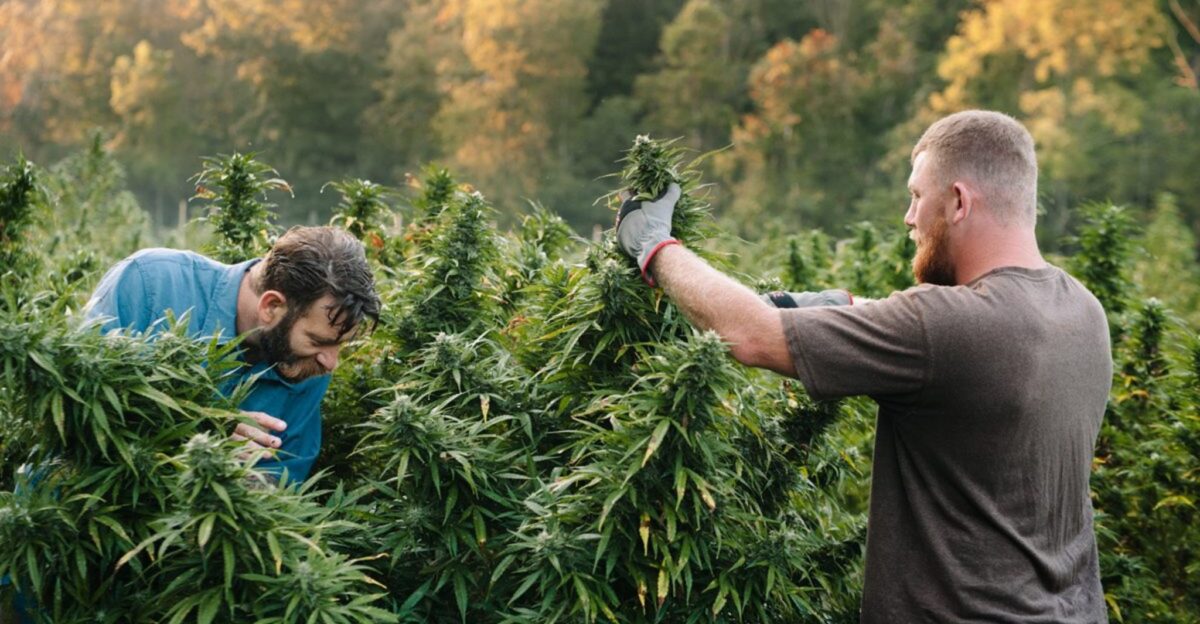
The fallout in Kentucky is particularly devastating, where 138 licensed hemp farmers rely heavily on crops for cannabinoid extraction. This economic linchpin has led to significant concerns among farmers, with a joint letter sent to McConnell warning of “immediate and catastrophic consequences.” Alarmingly, 87% of hemp grown in Kentucky is contracted for cannabinoid production, not traditional industrial uses.
This letter highlights the conflict between promises made during legalization and the reality of a sudden collapse now looming over the industry, with farmers fearing for their livelihoods as regulations tighten.
Small Business Devastation
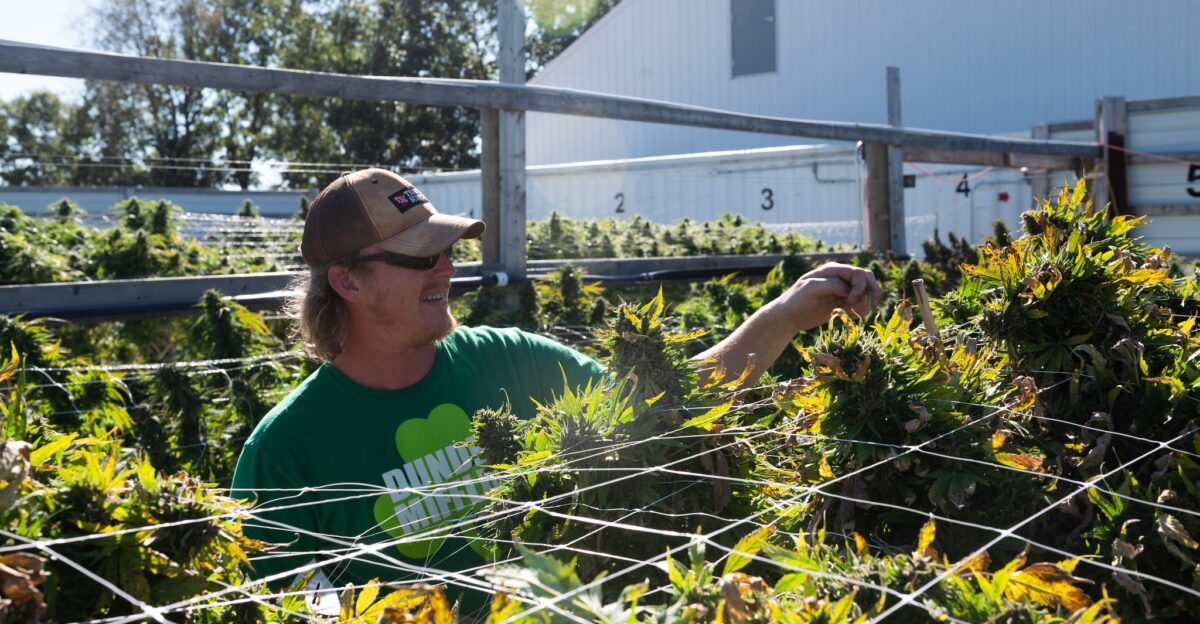
Industry insiders stress the detrimental impact on small businesses. Jim Higdon, co-founder of Cornbread Hemp in Kentucky, lamented that the 0.4-milligram limit “will make 100 percent of Cornbread Hemp products illegal.” This sentiment resonates through retail outlets like Point 5 Bottle Shop in Virginia, which faces a grim future as its entire inventory becomes contraband.
As states like Texas and Utah grapple with similar issues, small business owners are threatening to destroy millions in legal inventory. The emotional toll on these entrepreneurs encapsulates the broader devastation unfolding across the hemp industry.
Cannabis Industry Response
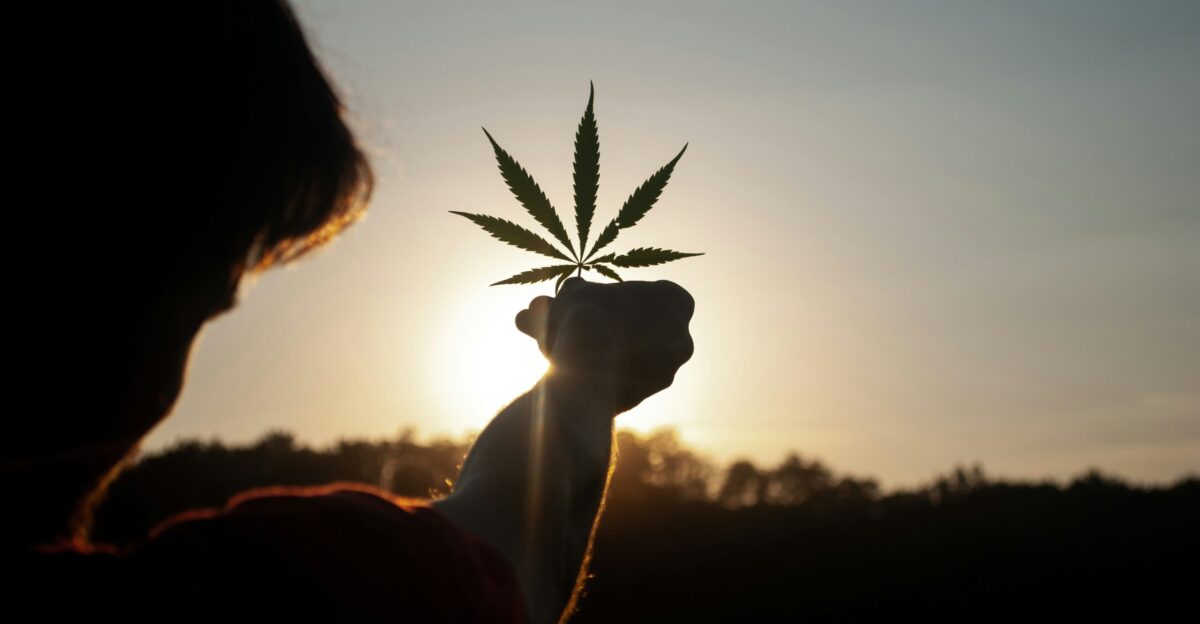
Prominent players in the cannabis sector perceive the hemp ban as a strategic opportunity to reclaim market dominance lost to unregulated hemp competitors. Boris Jordan, CEO of Curaleaf, raised concerns about the potential vacuum the ban could create, stating, “Hemp businesses aren’t just going to go away; they’re just going to go into the illicit market.”
The implications for safety testing, age verification, and state tax revenues are dire. With consumer risks poised to escalate, the cannabis industry’s response to these changes will likely reshape the regulatory landscape significantly.
Broader Trend
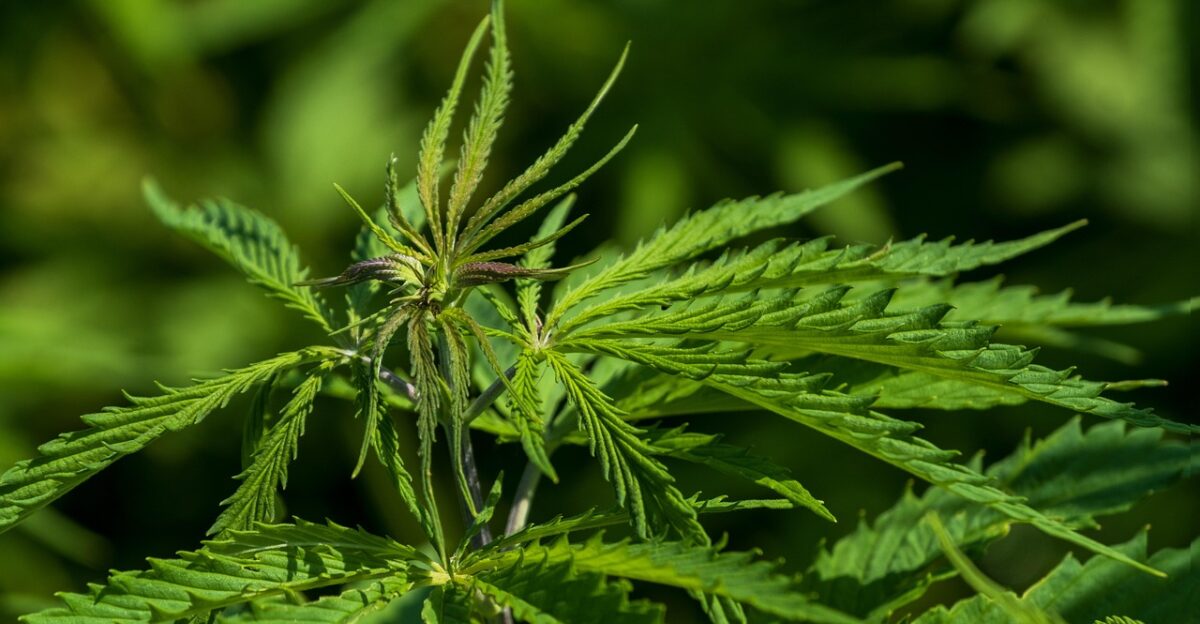
The recent hemp crackdown signifies a growing federal anxiety regarding the rise of intoxicating hemp-derived products sold outside the boundaries of state-regulated marijuana markets. The hemp industry, once celebrated for its job creation and economic contributions, now faces scrutiny that may redefine its role within the broader context of federal policy.
Moreover, initial claims that broader hemp legalization would reduce organized criminal activity may need reevaluation. The current regulations reflect a shift in federal perception that favors restrictive measures over the largely unrestricted market of the past.
Worker Concerns

Others, including agricultural workers and retailers, have raised urgent worries about their financial futures. With sudden regulatory restrictions looming, thousands of jobs are at risk, putting families and local economies in jeopardy.
“We built our business on the promise of hemp,” one farmer noted, “and now we’re merely victims of political maneuvering.” This sentiment encapsulates the collective anxiety experienced by many who have dedicated their livelihoods to the industry. The emotional weight of this regulatory shift is palpable, as communities prepare for the inevitable fallout.
Legal Implications

As the legal ramifications of the new law begin to unfold, industry experts anticipate protracted litigation on multiple fronts. Legal analysts caution that companies and stakeholders may challenge the constitutionality of the imposed limits, arguing that they disrupt established market norms.
Such litigation may take years to resolve, leading to further uncertainty and potential financial ruin for many. The implications extend beyond just business operations; they touch on constitutional rights and the broader principle of property rights in the agricultural sector.
National Sentiment

Public sentiment regarding hemp and cannabis has evolved significantly over the past few years, with increasing advocacy for broader legalization and access. Polls suggest that public support for hemp-derived products remains high, especially as wellness trends continue to permeate consumer behavior.
The abrupt regulatory changes ignited fervent discussions among lawmakers, consumers, and advocates alike. Many view these measures as regressive, demanding a reevaluation of hemp policies that align with public sentiment rather than political expediency.
Advocacy Efforts

In response to the new restrictions, advocacy groups are mobilizing rapidly to rally support against the legislation. The U.S. Hemp Roundtable is vocalizing concerns, emphasizing the need for transparent legal discourse and stakeholder engagement.
Their ongoing efforts aim to reverse course on the damaging provisions tucked away in the new law. Grassroots campaigns are escalating, urging citizens to make their voices heard as the plight of the hemp industry becomes a rallying cry for consumers and producers alike across the nation.
Legislative Response

Some lawmakers are pushing for exemptions specifically for states with robust hemp regulations. They argue that a one-size-fits-all approach does not accurately reflect the diverse legal landscapes that existed before the ban.
Discussions about reintroducing more favorable legislation are gaining traction as stakeholders seek avenues to protect their interests. These efforts highlight the intricate interplay between state and federal cannabis laws, underscoring the need for comprehensive reform that addresses the distinct challenges faced by different regions across the country.
Future Outlook
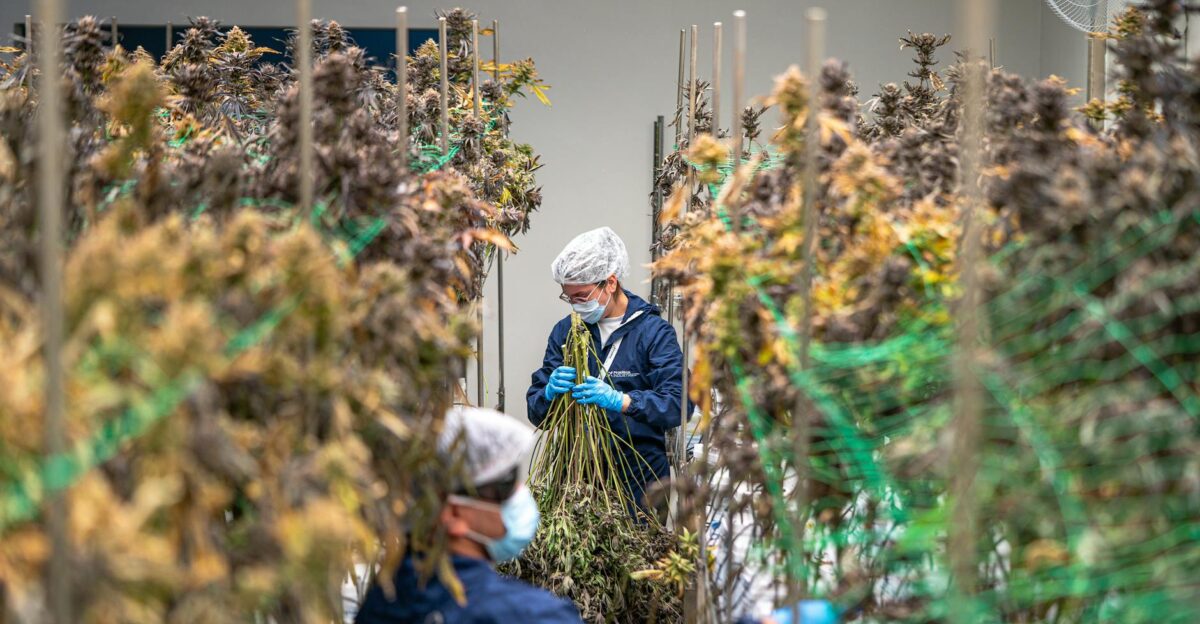
The future of the hemp industry hangs precariously in the balance as stakeholders navigate an uncertain landscape. Alarm bells are ringing, with many emphasizing the importance of unity among farmers, manufacturers, and retailers to combat the challenges ahead.
This disruption could catalyze innovative advocacy strategies and collaborative initiatives as communities rally to preserve the industry. The resilience of those within the field will be tested in the months ahead as they seek to adapt to and ultimately overcome these legislative hurdles.
Market Resilience

Interestingly, the survival of the hemp market may hinge on its ability to pivot. Many industry leaders believe that innovation and strategic rebranding will be crucial in counteracting the effects of the legislation.
By focusing on non-intoxicating applications of hemp, like textiles, construction materials, and food products, stakeholders can present a compelling case for the validity and viability of the hemp industry. Additionally, reimagining the public narrative surrounding hemp could help regain consumer trust and rebuild market momentum.
Consumer Reaction
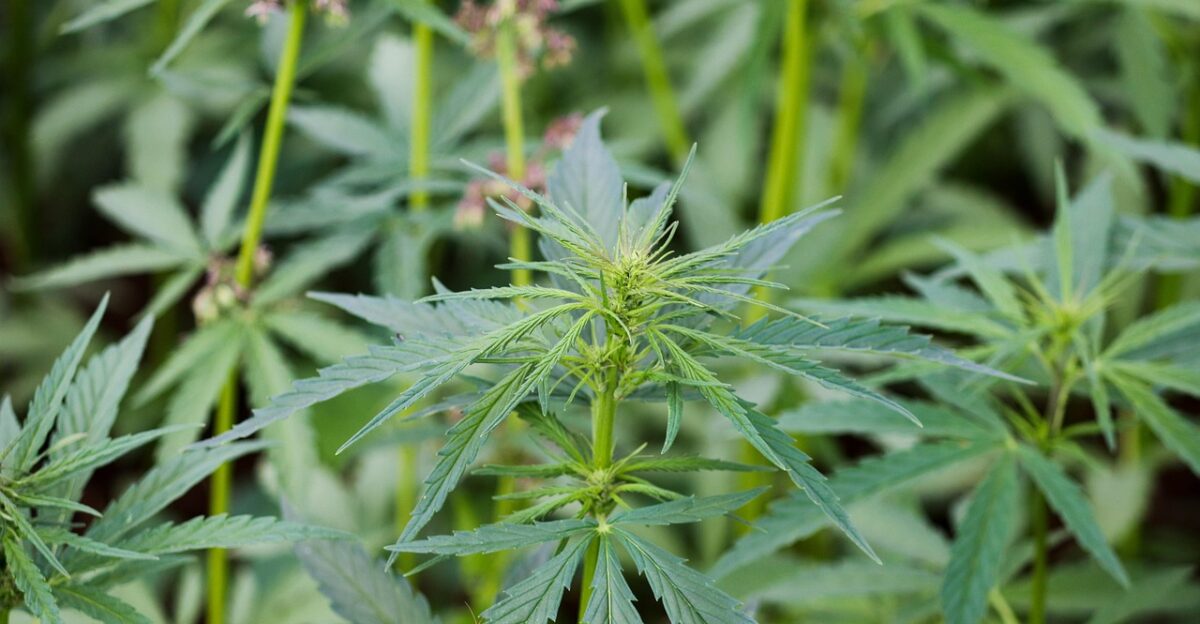
Consumers are expressing outrage over the sudden changes, perceiving them as an overreach by the government. Affected individuals are voicing disappointment, emphasizing their desire for safe, legal access to quality hemp-derived products.
“It feels like our choices are being stripped away,” lamented a consumer advocate. This public reaction highlights the importance of dialogue and cooperation between industry players and legislators to ensure that consumer needs and safety are prioritized in any new regulatory framework.
Education and Awareness

To navigate these turbulent waters, educational initiatives will be vital. Industry participants must collaborate on outreach strategies to educate consumers and decision-makers about the benefits of hemp and its numerous applications.
Workshops, social media campaigns, and public forums can foster conversations that build awareness about the economic benefits of hemp farming, while also addressing safety concerns. Increasing public awareness of cannabinoid science and regulation could pave the way for more informed discussions in the future.
The Way Forward

The way forward requires strategic alliances among stakeholders, advocacy for consumer rights, and continuous engagement with lawmakers. Many experts believe that now is the time for the industry to strengthen its lobbying efforts, pushing for legislation that not only safeguards existing businesses but also spurs future growth and innovation.
The challenges ahead can serve as a rallying point for change within the industry, showcasing its resilience, adaptability, and commitment to sustainable economic development.
Call to Action
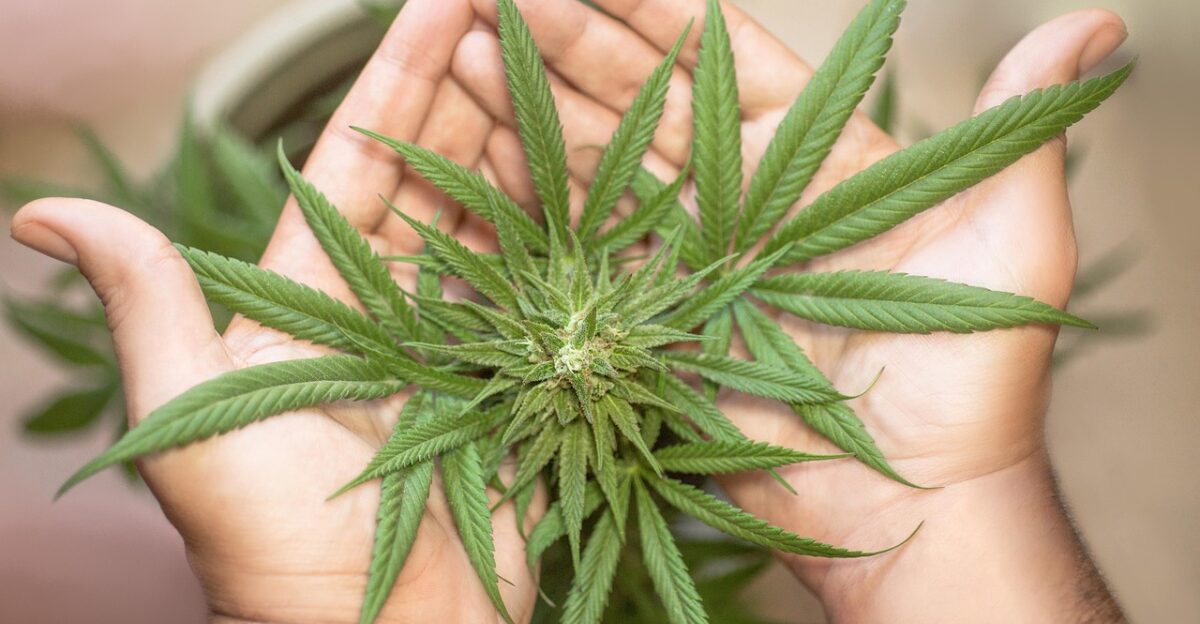
As the situation unfolds, all eyes will be on how industry advocates and consumers respond to the regulatory challenges at hand. The hemp community must unite to ensure its survival and prosperity in a complex legal landscape.
Encouraging proactive engagement with lawmakers, sharing personal stories, and amplifying the importance of hemp in today’s economy can drive momentum for change. Together, stakeholders can forge a future that honors the legacy of hemp while paving the way for innovation and new opportunities.